 Today I welcome Catherine Pelosi to the JWFK blog. Catherine’s mid-grade novel about science and inventions, Quark’s Academy, was released earlier this year and she was invited to speak about it recently at an international festival in the United Arab Emirates! Her picture book, Something For Fleur is released next month (check out the invitation to her launch and consider going!) plus she has a junior fiction, Meet the Maniacs coming out next year.
Today I welcome Catherine Pelosi to the JWFK blog. Catherine’s mid-grade novel about science and inventions, Quark’s Academy, was released earlier this year and she was invited to speak about it recently at an international festival in the United Arab Emirates! Her picture book, Something For Fleur is released next month (check out the invitation to her launch and consider going!) plus she has a junior fiction, Meet the Maniacs coming out next year.
Catherine and I share a publisher at Hachette, and I run into her often at events like book launches and CBCA things. In an industry where I keep meeting kind, humble, encouraging, lovely people, Catherine with her fun-loving charm is right up there with the top! In part one of this interview we’ll find out what got Catherine writing and how she developed her skills, so that her work was picked up for publication. There’s so much to learn from the steps she took to refine her work and get feedback. In later parts we’ll hear about how she got her start in the kids lit industry, about agents and publishers as well as connecting with readers.
Hi Catherine, thanks so much for being interviewed for the JWFK blog!
Thanks for having me on the blog 🙂
Let’s jump in with the idea of writing – Where did your interest in writing for children come from?
I’ve always been someone who has loved creative writing, ever since I was little. I still have the first book I ever wrote when I was in year 2, ‘Angela’s Secret’. It’s about a girl who befriends an alien. Writing for children is such fun. It’s where  I can unleash my creativity but also explore important themes and ideas. Young readers can find a lot of comfort and hope through literature, and I hope to contribute to that.
I can unleash my creativity but also explore important themes and ideas. Young readers can find a lot of comfort and hope through literature, and I hope to contribute to that.
It’s one thing to have an interest and another to actually DO something about that interest. So what made you take the plunge and write?
So true. For me, I honestly couldn’t stop thinking about stories, plots and characters. When I used to walk home from school, I would pass the time by creating stories in my head. I had no idea that I would one day become an author. It was just something I had fun doing!
How did you learn about and practice the craft of writing to get it to a publishable state? Did you belong to any critique groups, attend courses and association events? If so, how did they help?
I sure did. I completed a few writing courses at the AWC and Writing NSW. After that, I joined a writing group which was one of the best decisions I ever made. I call it my ‘masterclass in writing’. It’s where I got feedback on my work and started to push myself to learn more, and continually improve. Also, there is no one in the world who understands a manuscript rejection like your writing buddies. I think writers need that camaraderie to stay motivated and remain passionate about writing.
Were you writing a long time before submitting any manuscripts? How did you know when they were ready to submit to a publisher? What feedback did you get and from whom?
I took every opportunity I could to get my work in front of people. I entered competitions like the CYA, Writers Unleashed, Sally Odgers comps, Buzz Word comps and many others. All this was great to see how others were receiving my work. Sometimes I would get encouraging feedback or even place in a competition. This would motive me to submit to publishers. I’ve had rejections fro
m publishers but also some encouraging emails as well. A couple of manuscripts went to acquisitions but then didn’t get through. That was so disappointing at the time but also what motivated me to keep with it! It’s competitive and I think you need to persevere. I kept reminding myself that Kate Di Camillo had over 400 rejections before someone took her on. Also, Harry Potter and the Philosopher’s Stone was knocked back something like twelve times!
They are good things to keep in mind!

How/when did you put your work ‘out there’ either to critique or to submit, and how did it feel?
I was so reluctant to attend a critique group at first. I remember that first meeting. I was really nervous. Not just to share my work but to give feedback on other people’s stories too. Over time though, I realised how supportive everyone is and I never looked back. It helped me to learn when a story was ‘ready’. I mean, I don’t if a story is ever ready, but in those early days I think I was sending work out way too early. Being in a writing group helped me to better edit my own work and identify when something was good to go.
Submitting work to publishers can be nerve wracking. There is so much that goes into writing – a lot of it is so personal as well – so to have someone judge it is scary. But, it’s also exhilarating! I think writers are a brave bunch. We are constantly putting ourselves out there and I think that’s a pretty great way to live.
Your first book is a mid-grade novel, your next one is a picture book and the one after is a Junior fiction. What do you find are the differences in the process writing for each different genre? Do you have a preference?
I actually don’t think there is much difference in the process – aside from the length of the manuscript and the language I use. Other than that, I use the same process for each. I think of the idea and let it bubble in my mind for a while (sometimes months and months) I’ll write it down and start refining and refining until it’s ready to share. From there, I’ll edit and re-write until I get it to a place that I’m happy with. I’ll also share with my writing buddies to see if they think it’s ready too.
It’s hard to pick a favourite but I think middle-grade is where I’m most comfortable, maybe because my most memorable age as a child was a about ten.
You’ve captured my experience with critique groups too – nerve wracking and exhilarating simultaneously!
Was Quark’s Academy the first book you wrote/submitted to a publisher?
The first manuscript I wrote was another middle grade novel. I did send it out and got some really positive feedback, but it didn’t make it through. I might return to it one day. I had also submitted other junior fictions stories as well as picture books.
I hope we get to see that MG novel one day!
In Part 2 of this interview next month, we’ll find out more about the publishing side of Catherine’s story.
In the mean time, you can find Catherine on her website here.
And me here.






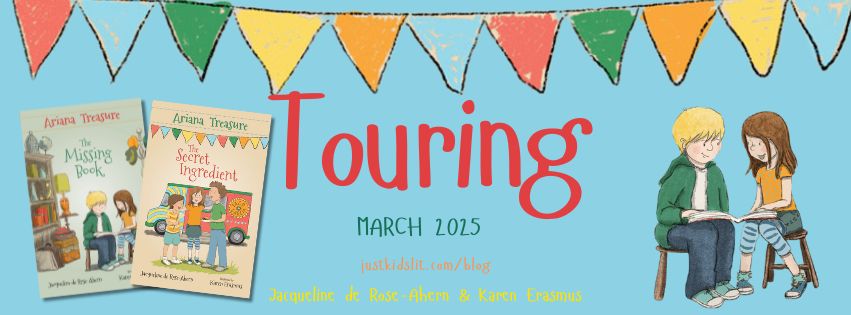
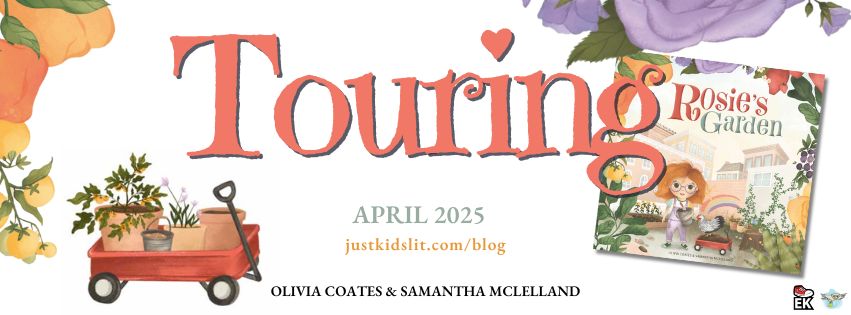
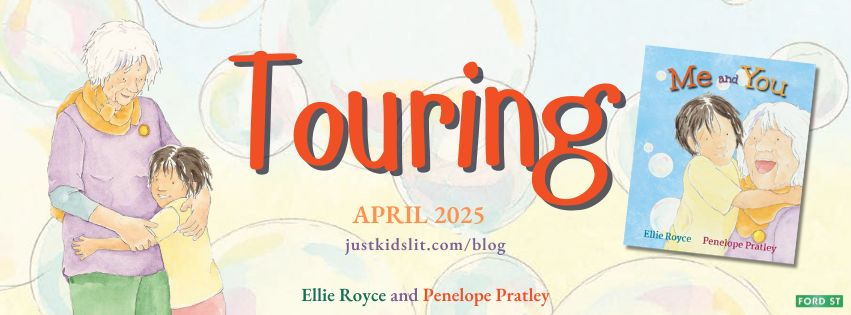
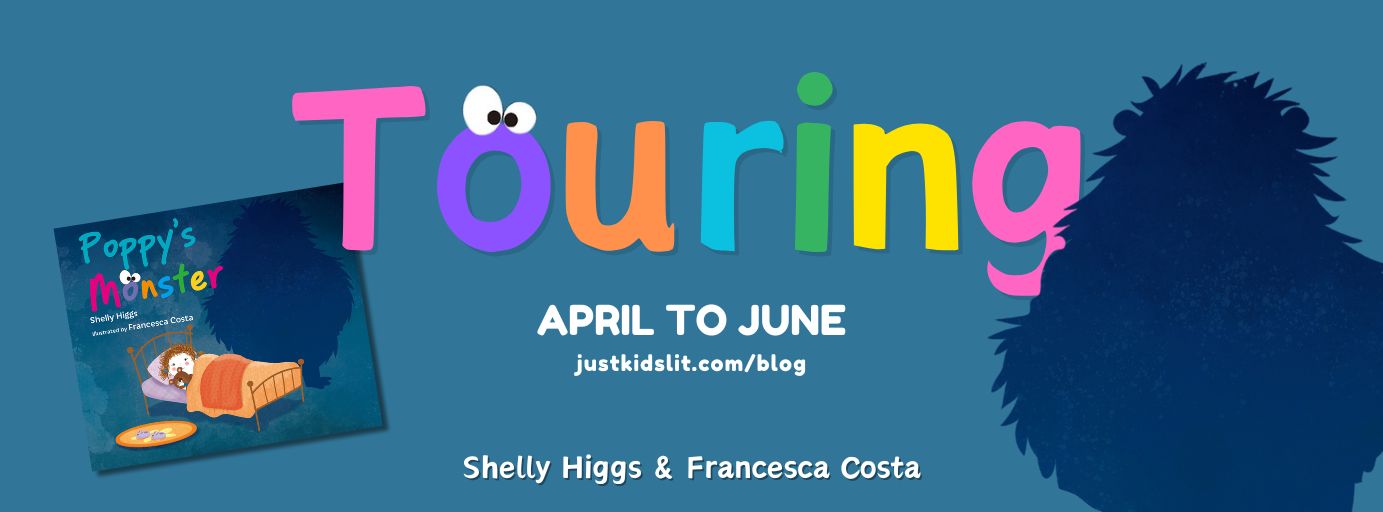
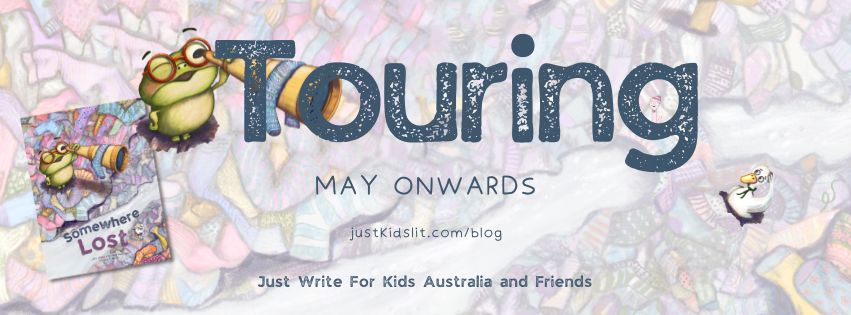





One thought to “Catherine Pelosi – The Perfect Formula Part 1”
Pingback: Catherine Pelosi - The Perfect Formula Part 2 -